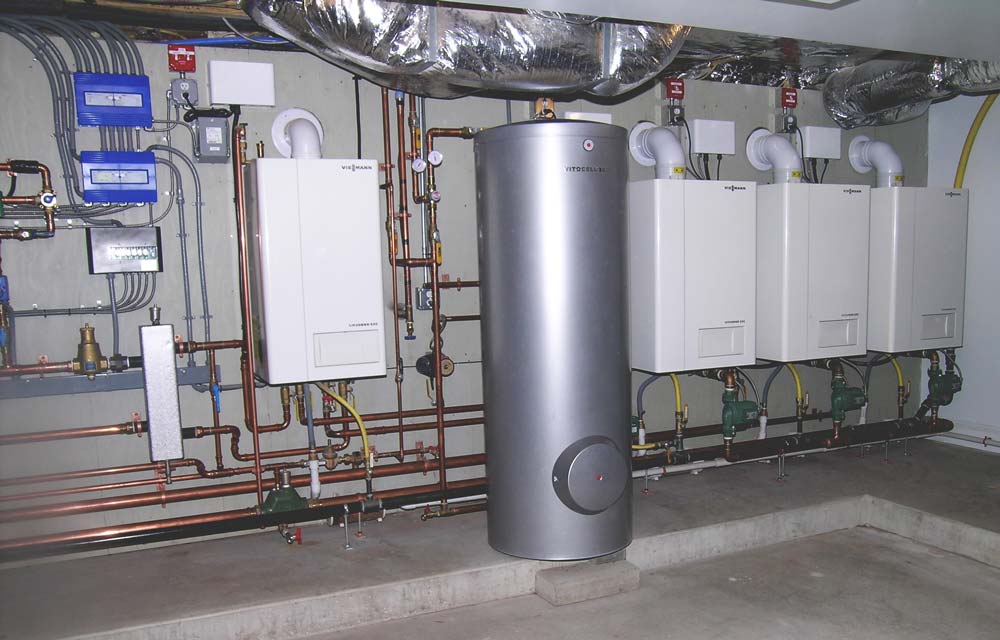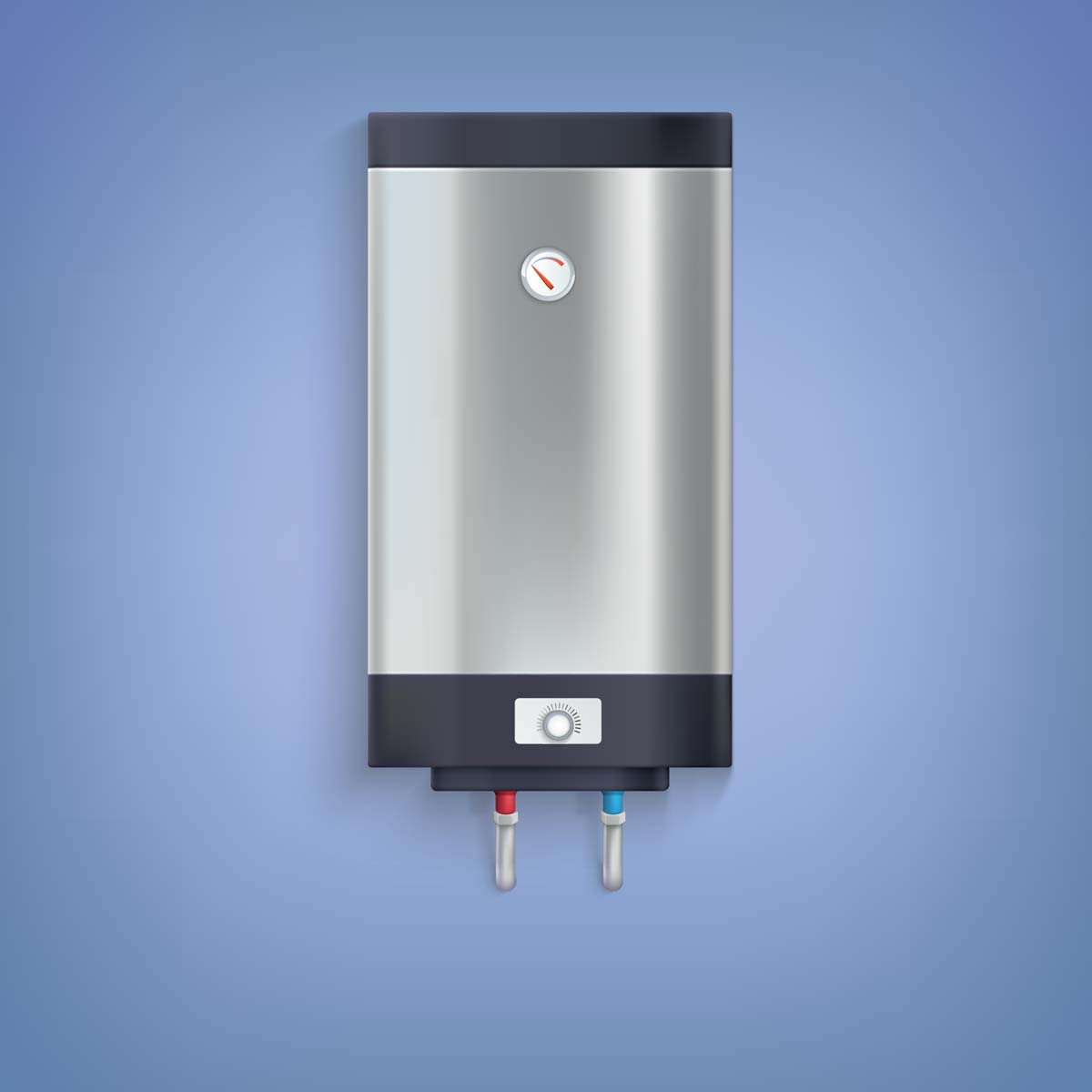Boiler
A properly heated building is part and parcel to surviving- and thriving in the harsh Canadian winter. Boilers serve a unique “double duty” of providing heat for your home as well as a usable hot water supply.
Boiler Services in the GTA
Boilers remain a popular choice for heating amongst older homes and mansions. Standard “hydronic” boilers heat water by burning natural gas. The water then travels to locations throughout the house via polyethylene tubing. The water/heat makes its way towards your radiator, which in turn allows hot air to enter rooms.
At the same time, cooled water returns to the boiler (on the same path) to be reheated. The polyethylene tubes are laid out in grids, embedded into concrete, or even placed on the underside of flooring. The continuous, cyclical water flow is made possible by an electric pump.
Radiant floor heating
Also known as underfloor heating, rooms are heated through warmth emanated by the floor and walls. Thousands of years ago, the Romans used heated floors to warm their bathhouses. Today, the same systems exist….but heat is controlled through a series of thermostats, aquastats, and valves!
From the boiler, hot-water tubes or electric wires are heated throughout the house. The heat rises onto and permeates nearby objects- usually, the floor right above where the tubing is located.
Radiant floor heating is known for its quietness. Heated floors also prevent fluctuating room temperatures, normally felt by furnace use (furnaces turn on and off as needed to maintain thermostat temperatures). No ductwork is required. Besides offering superior comfort, heated floors can give your home a luxurious feel, adding to its market value.

Wall-mounted boilers
Also known as condensing boilers, these exist to save space and energy. Conventional (hydronic) boilers exhaust around 30% of all generated energy into a flue, releasing carbon dioxide and water vapour to the outside. Condensing boilers draw the waste gases into a heat exchanger. The heat exchanger cools and condenses the waste gases into water, while preserving the heat to re-use for additional heating.

Should I replace my current boiler?
When you experience or notice any of the following, it may be time to consider replacing your boiler:
- Inconsistent room temperatures throughout the house
- Your boiler is 10-15 years old, approaching the end of its useful life. A lack of maintenance can further shorten its lifespan.
- Your boiler cannot be fitted with the latest energy-saving upgrades
- Your boiler takes several minutes to heat up- a modern, functioning boiler should produce heat almost instantaneously
- Your boiler is very loud when it runs; you can hear the noise many rooms over
- Your boiler requires constant repairs to keep it running; repair costs are rising
- Your boiler’s warranty is expired
- Your boiler emits strange smells- this may also indicate a gas leak!
- Your gas bill is unusually high
Consider that heating and cooling expenses make up over half your energy costs. Continuing to run an aging, obsolete boiler can cost more over a few months than buying a newer, more efficient model. This is especially true when you factor in the many government rebates/incentives being offered for HVAC upgrades.
Using an outdated boiler also increases the risk of (fatal) carbon monoxide poisoning. Technicians at One Alliance HVAC can determine if your current heating system is too costly and/or dangerous to run.
Finding the right boiler involves some serious math- namely, load calculation. Fortunately, you’re not alone. One Alliance HVAC technicians can work with you to select and install a cost effective, efficient, and long-lasting boiler.

